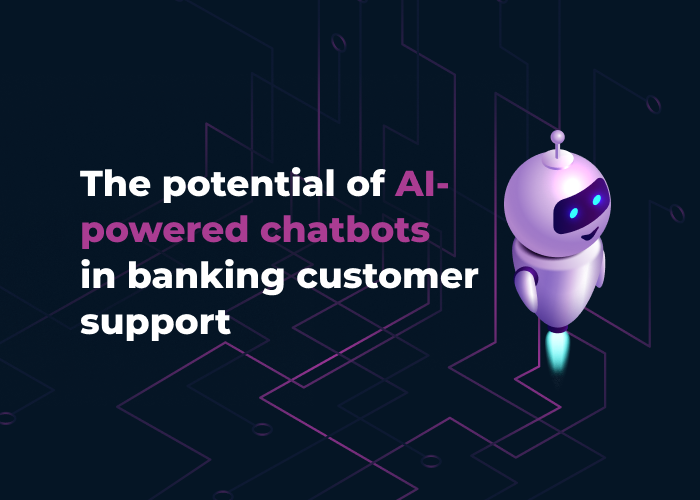Banking customer support is no walk in the park. Customers come with diverse problems, from lost cards to unclear charges, and they expect quick, precise solutions. Even the most experienced support teams can be overwhelmed by the variety and complexity of inquiries.
The stakes are high in banking. A small mistake can lead to significant financial impacts on a customer, adding extra pressure on support staff and leading to burnout, especially when dealing with a high volume of daily calls and messages.
Scalability poses another challenge not only for customer support but also for account managers with a high customer load. The backlog of emails and voicemails makes it difficult for customers to reach their manager promptly, leading to frustration and delays in addressing customer needs, even for simple requests.
And let’s not forget the 24/7 nature of modern banking. Customers expect access to support at all hours, from any time zone. Meeting this expectation with a human team requires a round-the-clock workforce, which is not only expensive but also challenging to manage.
These challenges make it clear why traditional customer support models struggle to keep up. It’s a challenging job that is rarely beneficial for both customers and financial institutions. That’s where AI-powered chatbots can make a difference, offering a helping hand to customers and support staff alike.
Imagine being capable of instant response to every request at any time of day or night. That’s the kind of 24/7 service AI chatbots provide, making “banker’s hours” a thing of the past. Powered by sophisticated algorithms, they understand and process human language with remarkable nuance and handle a wide array of customer queries, from the simplest balance inquiries to more complex transaction disputes, with the ease of a seasoned banker but without the wait time. Such a level of understanding and responsiveness greatly enhances the customer experience, fostering trust and satisfaction.
But it’s not just about efficiency; it’s also about personalization. These chatbots tailor their responses based on your banking history and preferences, making every interaction feel personal and understood.
Trained on your data, these chatbots can find answers to any relevant question. They’re constantly learning, with every interaction enhancing their knowledge base, making them more adept at solving customer issues, providing personalized advice, and even detecting and preventing fraud.
To ensure the utmost security, AI chatbots are deployed within your internal secure environment, operating on dedicated servers to safeguard sensitive data. This approach minimizes the risk of external breaches and unauthorized access, maintaining the integrity of customer interactions.
Definitely, the integration of AI in banking goes beyond just improving operational efficiency; it fosters a deeper connection with customers. As the banking sector evolves, the combination of AI’s analytical capabilities with empathetic customer engagement sets new benchmarks for delivering exceptional service in the digital era. If you’re about to embark on this journey, contact us for a comprehensive technological consultation.


